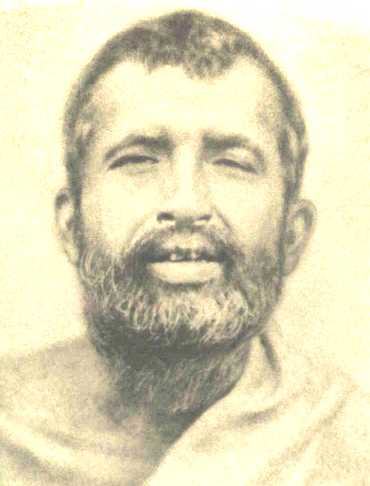Sri Ramakrishna Paramahamsa
Sri Ramakrishna, who was born in 1836 and passed away in 1886, represents the very core of the spiritual realizations of the seers and sages of India. His whole life was literally an uninterrupted contemplation of God. He reached a depth of God-consciousness that transcends all time and place and has a universal appeal. Seekers of God of all religions feel irresistibly drawn to his life and teachings. Sri Ramakrishna, as a silent force, influences the spiritual thought currents of our time. He is a figure of recent history and his life and teachings have not yet been obscured by loving legends and doubtful myths. Through his God-intoxicated life Sri Ramakrishna proved that the revelation of God takes place at all times and that God-realization is not the monopoly of any particular age, country, or people. In him, deepest spirituality and broadest catholicity stood side by side. The God-man of nineteenth-century India did not found any cult, nor did he show a new path to salvation. His message was his God-consciousness.

